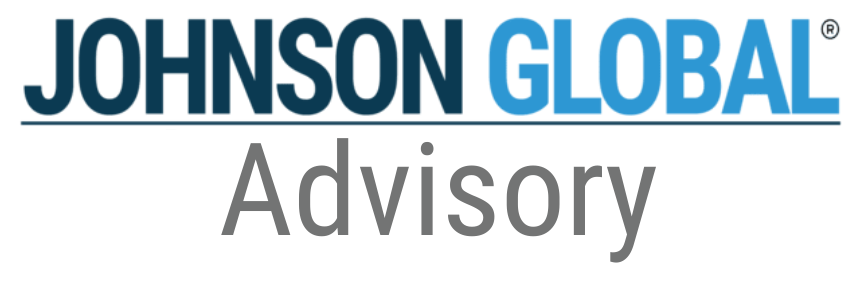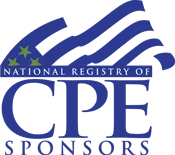Enhancing Auditor Independence: Key Themes from PCAOB Recent Spotlight
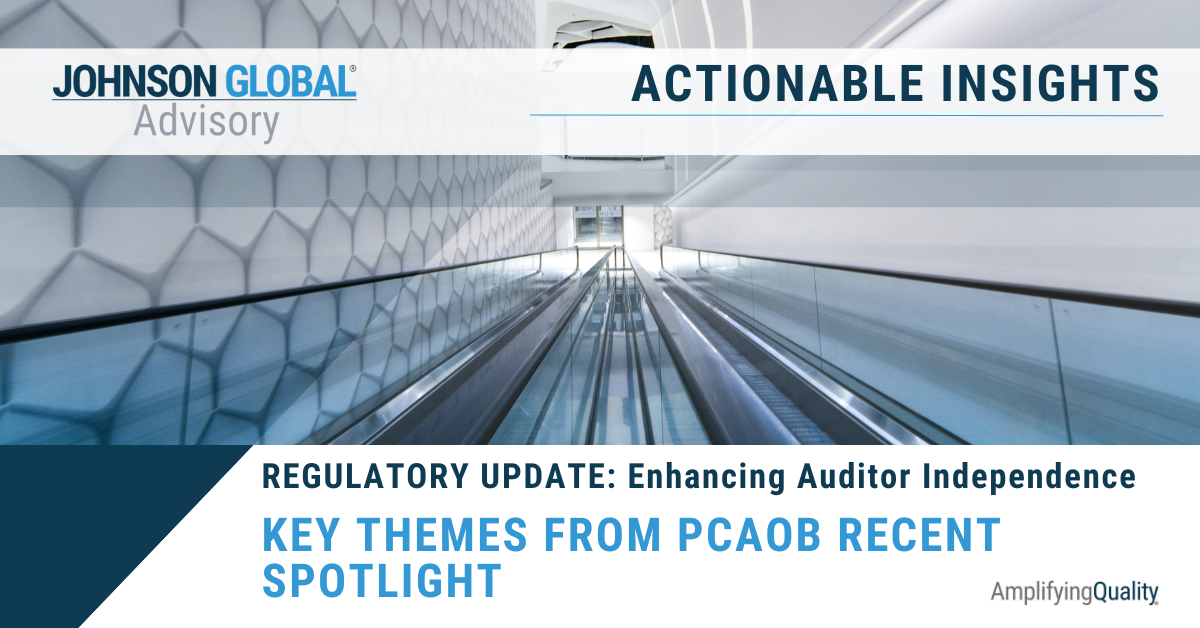
In September 2024, the PCAOB released a spotlight on auditor independence, highlighting critical observations from inspections (the “Spotlight”). As we react to these findings at JGA, we emphasize the importance of understanding these key themes and translating them into actionable solutions for our clients.
1. Audit Committee Pre-Approval of Services
A persistent issue remains regarding the pre-approval of audit and non-audit services by audit committees. Too often, we see audit teams commence work prior to the date necessary engagement letters signed by the audit committee. This practice not only undermines compliance but also risks auditor independence.
Actionable Insight: To mitigate this risk, firms should ensure that no work begins until the audit committee has pre-approved the engagement. Implementing an all-inclusive engagement letter that details all services—including consent and comfort letters, as well as quarterly reviews —will streamline the process and enhance compliance.
2. Independence Representations and Compliance Testing
The Spotlight indicates an increase in the issuance of comment forms related to independence representations, particularly concerning personal independence compliance testing. A notable concern is the cutoff risk for new hires; for instance, if an independence representation is conducted annually in June, a new hire added in September may not be confirmed as independent.
Actionable Insight: Firms should adopt a more frequent compliance representation and testing schedule—ideally quarterly or semi-annually—and ensure that new hires are included in these independence confirmations. This practice can help maintain independence throughout the audit engagement. Another best practice is to obtain independence representation from each new hire prior to commencing any work. Sometimes, we observe engagement partners stumble to respond on how they ensure all team members are independent of the issuer. Some firms require documenting individual team members independence reaffirmations within the issuer audit file while other firms rely on firm wide independence reaffirmations. In latter case, JGA recommends engagement partners should document that they checked that i) each team members’ independence representations had no exceptions and properly filed in the firm wide repository and ii) restricted list include this issuer.
3. Monitoring Restricted Entity Lists
The spotlight highlights that smaller firms often circulate their restricted entity lists annually, which can lead to cutoff risks with new clients. This underscores the importance of continuous updates to the restricted list.
Actionable Insight: Firms should verify independence based on an updated restricted entity list at the time of any new client engagement. Regular updates and confirmations of independence for new clients are essential to mitigate risks. Also, best practice is to obtain independence representations for each prospective audit client during client acceptance procedures. This practice along with new hire practice mentioned above would substantially bridge the gap between periodic firm wide independence reconfirmation processes.
4. Independence Policies
The Spotlight notes that many smaller firms lack detailed written policies for monitoring independence. This gap can lead to inconsistencies in compliance and potential independence violations.
Actionable Insight: JGA recommends that all firms, especially smaller ones, develop comprehensive written policies that detail how they monitor independence. This should include procedures for individual engagement independence certifications, ensuring all engagement team members have signed off on the firm-wide independence representation. The policy should outline regular independence testing procedures, including the nature, timing, frequency, and scope of these tests. This should encompass self-assessments of investment portfolio reviews for all partners, as well as independent testing of these reviews by an external consultant or HR personnel, including a sample of other audit staff. Policy should also provide guidance to all personnel on what to do in case of self-identified independence violations. Sometimes in attempt to self-cure the violation personnel may unintentionally exacerbate the issue. So, emphasize on promptly reporting independence violations over trying to self-cure them is very important.
5. Indemnification Clauses
Indemnification clauses were particularly noted in foreign firms’ engagements, which can complicate compliance with U.S. requirements. It is crucial for firms to avoid creating conflicting terms across different engagement letters.
Actionable Insight: Firms should use separate engagement letter templates for public company audits that strictly adhere to U.S. requirements. If an audit involves local statutory purposes, maintaining the most restrictive requirements across all engagements for the same client is advisable to ensure compliance. We note that most of the time it is not practicable to separate number of hours spent on local statutory audit while doing PCAOB audit. So, we strongly advise to remove any language that may be construed as indemnification of auditor liability from all engagements with SEC issuer audit clients.
6. Inclusion of Contractors in Independence Monitoring
The oversight of contractors in the audit process can lead to lapses in independence compliance. The Spotlight suggests that many firms may not fully account for these individuals.
Actionable Insight: Firms must obtain annual independence representations from all contractors before they commence work. Such independence representations should cover all period the contractors perform their work. This proactive measure will help ensure that independence is maintained throughout the audit process.
Conclusion
This spotlight on auditor independence serves as a crucial reminder of the ongoing challenges and the need for vigilance in compliance. At JGA, we are committed to bridging the gap between regulatory expectations and practical solutions. By implementing these actionable insights, firms can enhance their quality control systems, ensure compliance with respective standards and rules, and ultimately foster greater investor confidence.
For personalized guidance on how to address these issues in your practice, reach out to your JGA Audit Quality Expert, or contact:
Jackson Johnson, CPA
President & Founding Shareholder
Farkhod Ikramov, CPA
Director
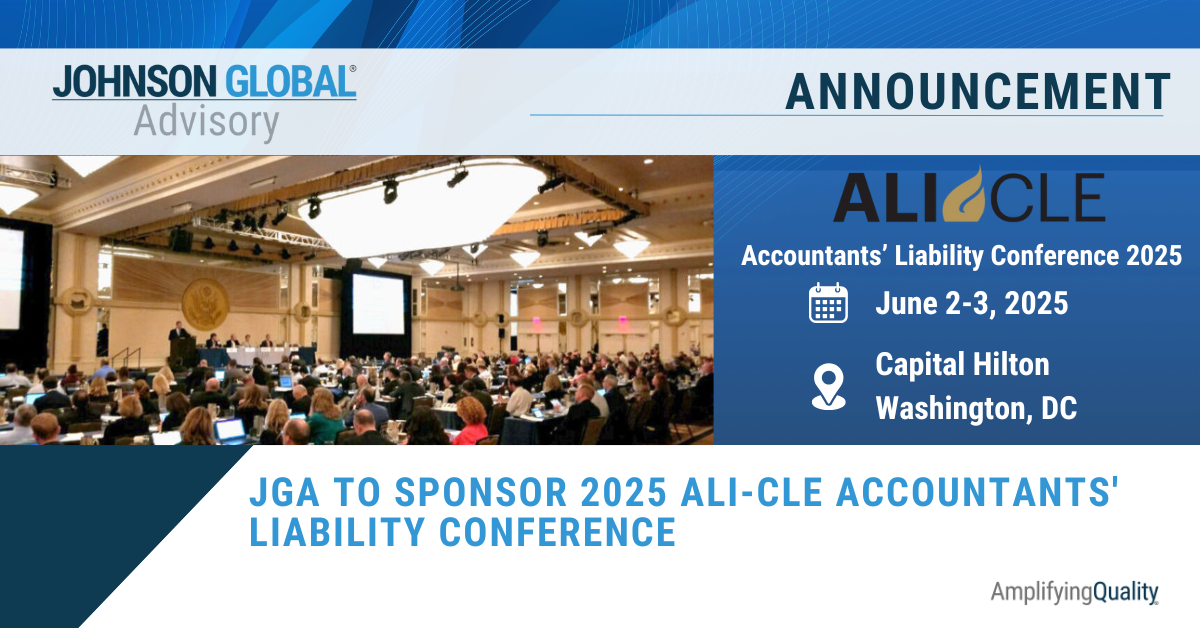



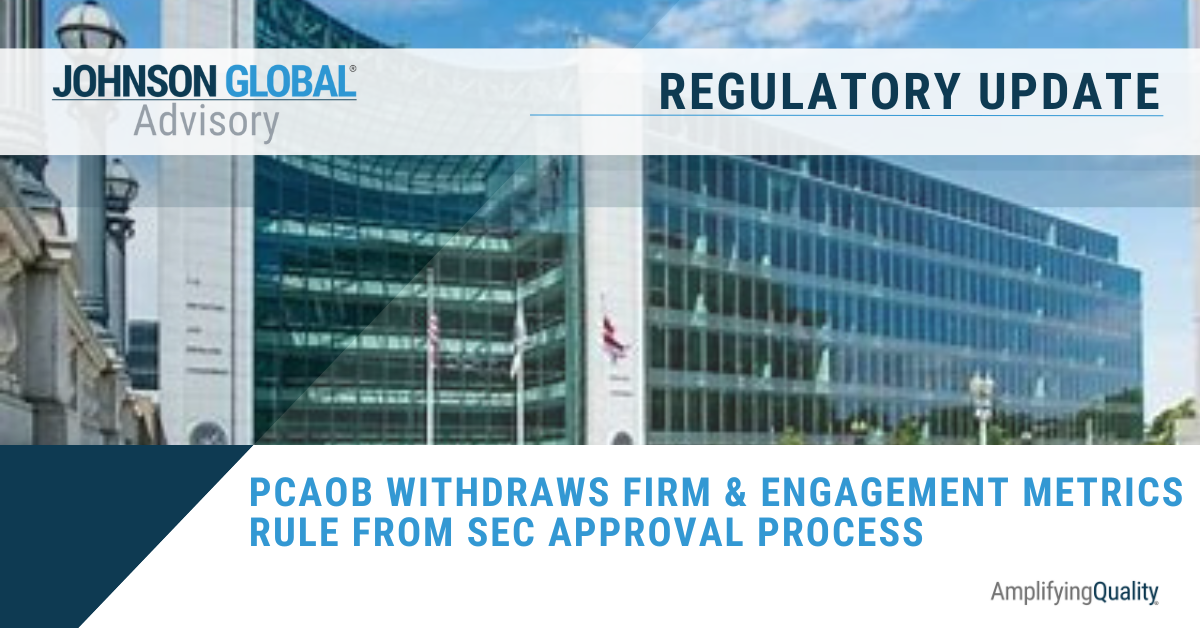
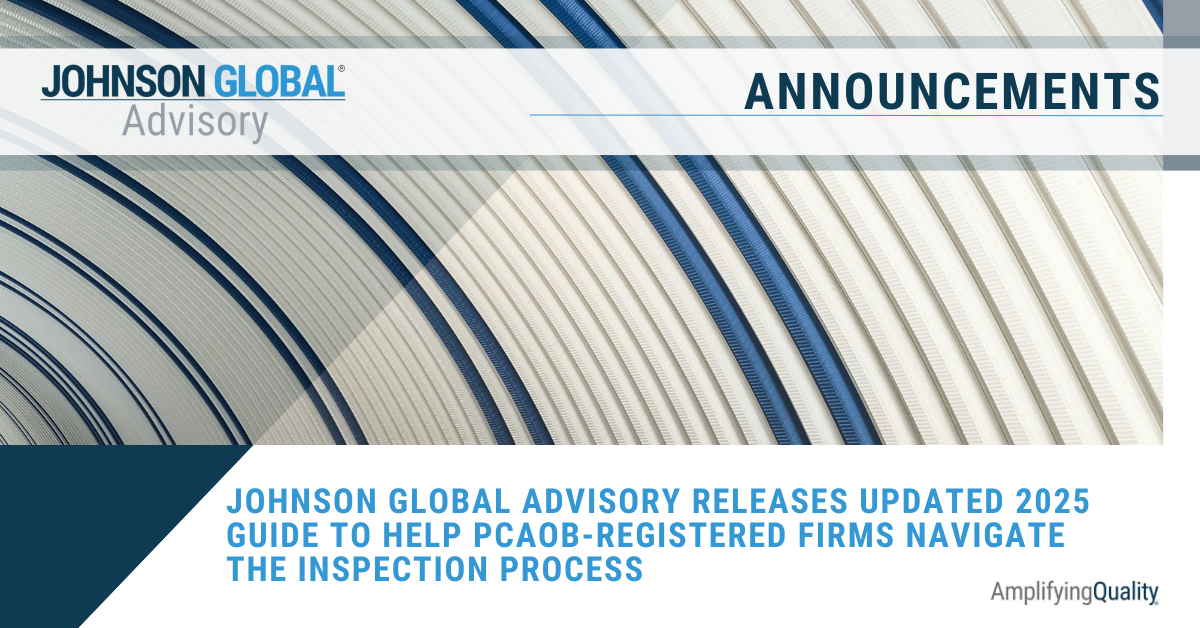

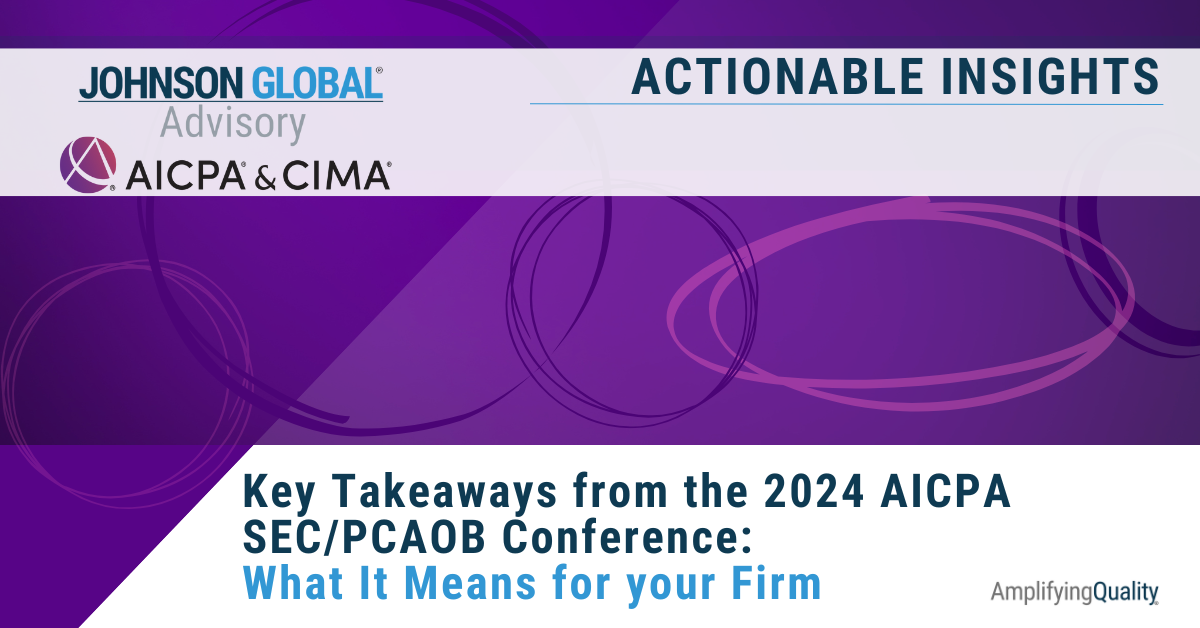
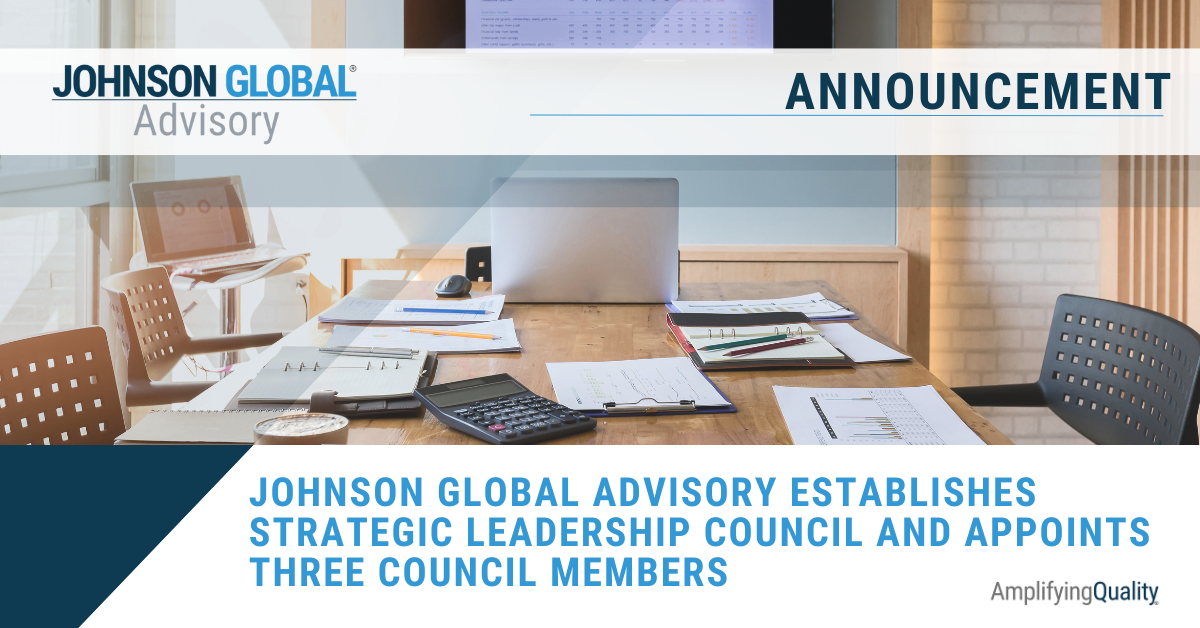

Johnson Global Advisory
1717 K Street NW, Suite 902
Washington, D.C. 20006
USA
+1 (702) 848-7084
